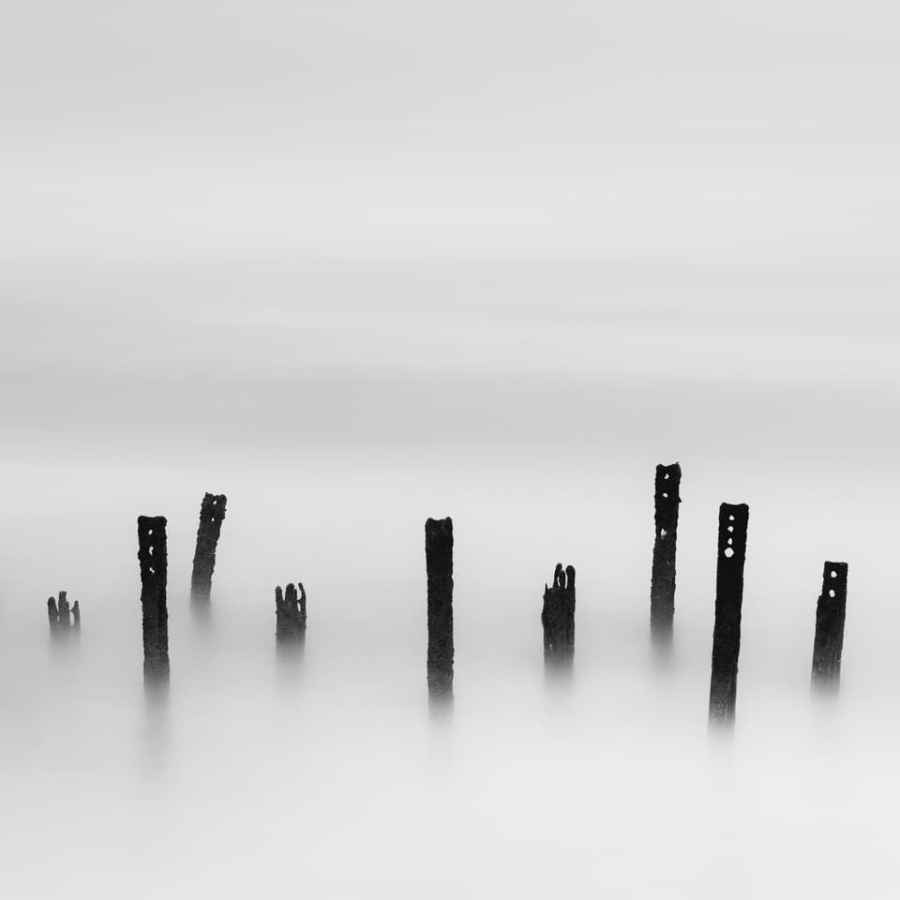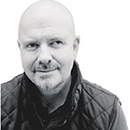Paul Sanders is well known as an outstanding landscape photographer, who has a close working relationship with Fujifilm, but he’s also a passionate believer in how photography can help with mental health issues. Indeed, Paul has been very open about his own struggles with anxiety and depression.
Mindful photography – based on the principles of mindfulness – is now at the very core of how Paul (above) works, and he is focusing on mindful photography workshops. We caught up to find out more; Paul also shares some of the images he has been taking over the last year.
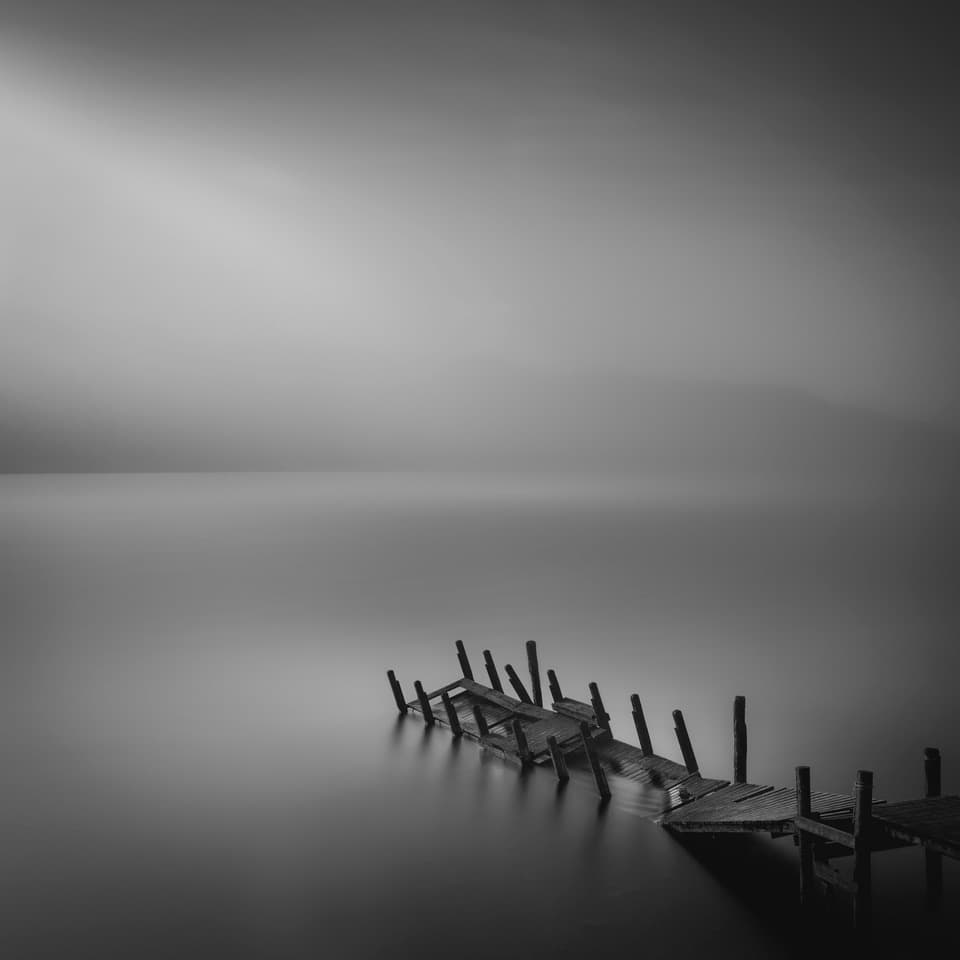
How have you surviving the lockdown… and when did you start really developing these mindful photography workshops?
At the beginning of the first lockdown last year I came back from Scotland with a full diary for workshops stretching into this year – then it all ground to a halt. I sat at home thinking ‘what I am going to do.’
After chatting to my wonderful accountant, who doubles up as my arse-kicker, she suggested I do more online photography workshops – lockdown being the perfect opportunity.
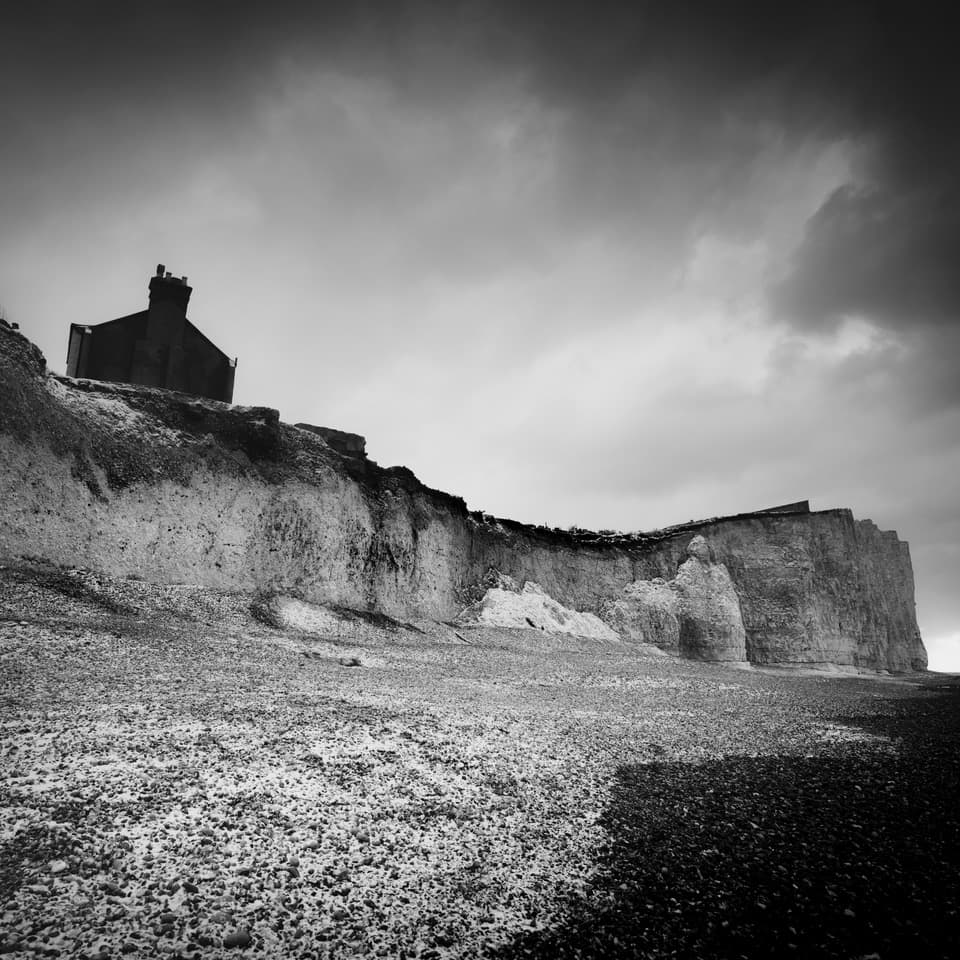
So did you end your ‘conventional’ workshops?
I was thinking of leaving Light and Land anyway so I could focus on my mindful photography courses. My mental health doesn’t cope well with travelling for workshops, and I also suffer from Fibromyalgia.
I did a couple of well-received online talks, then I ran some workshops on mindfulness principles and I was astounded by the response. Workshop attendees kept asking for more and more.
I now do an ‘intensive’ mindfulness programme, with a mindfulness instructor and forest bathing coach called Jen Grange. So I have been busier than ever before and have completely changed the way I run my business. It’s all about playing to your strengths and staying agile…
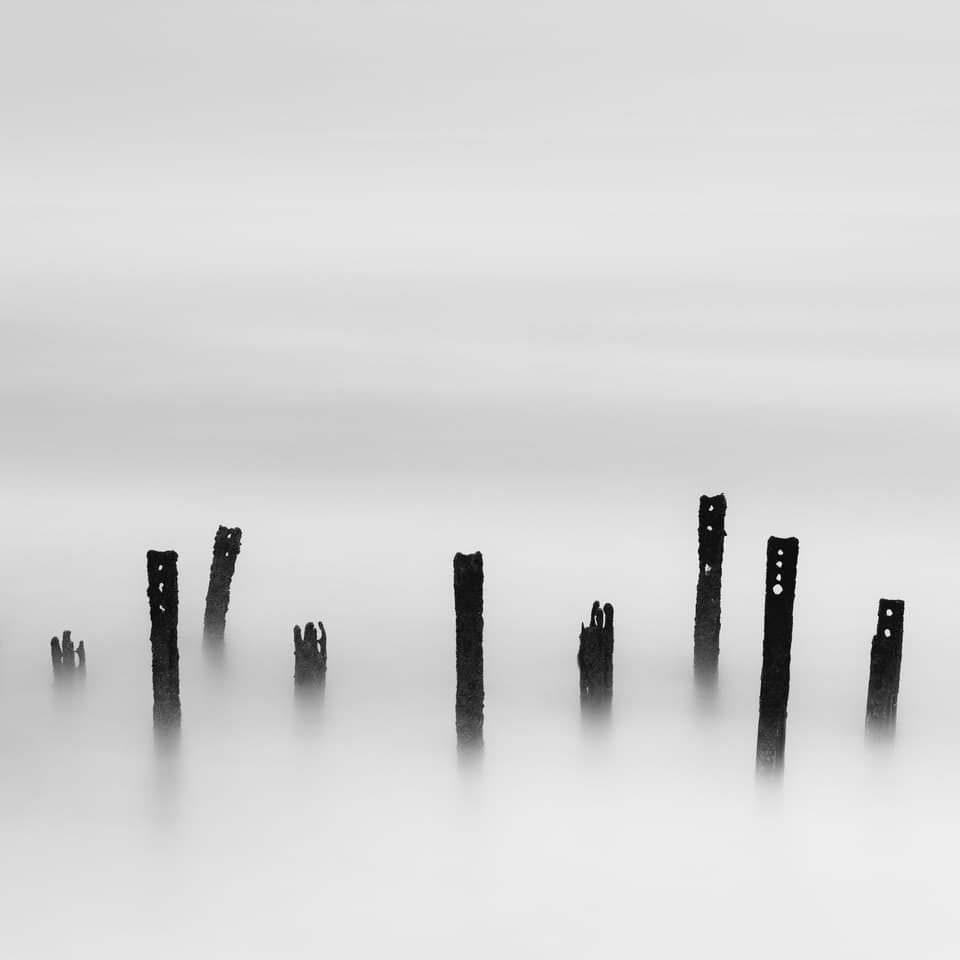
Mindfulness has become big business and part of the cultural conversation… do you worry the bubble will burst and people will get tired of hearing about it?
Certain people will always be interested in mindfulness. The issue of personal wellbeing has really come to the fore over the past year.
Up until last March, we were all running as fast as we could but we didn’t know where…it was our social conditioning. When we were all forced to stop people found ways to fill time, often with creative pursuits including photography.
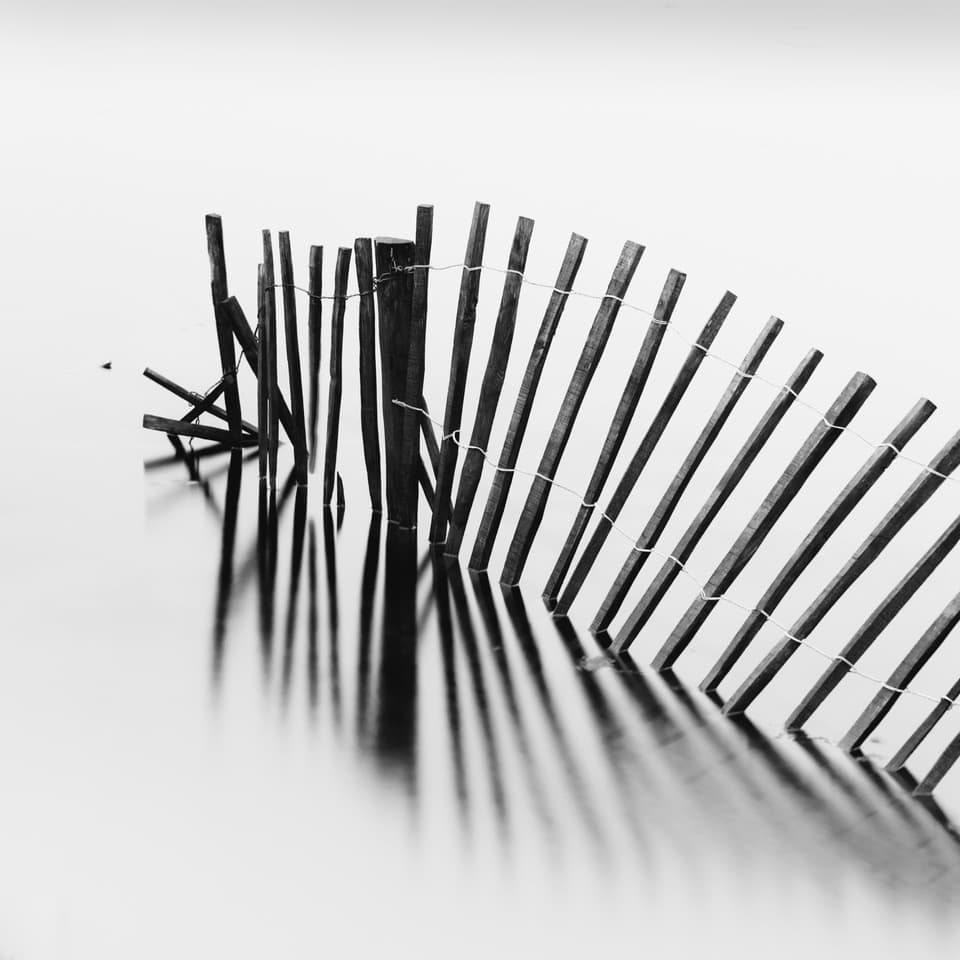
So, a lot of people who were into mindfulness already found the pause to be a really good thing. I don’t think the bubble will ever burst; you don’t do mindfulness to make money, so it’s like photography!
It’s a way of living for yourself – a way of bringing a calmness and a stillness into your life. It doesn’t mean you can’t be busy, or that you walk around in a dream, not trying. It means you focus your efforts on the things you know you can achieve. The practice has been around for thousands and thousands of years from Buddhism, don’t forget.
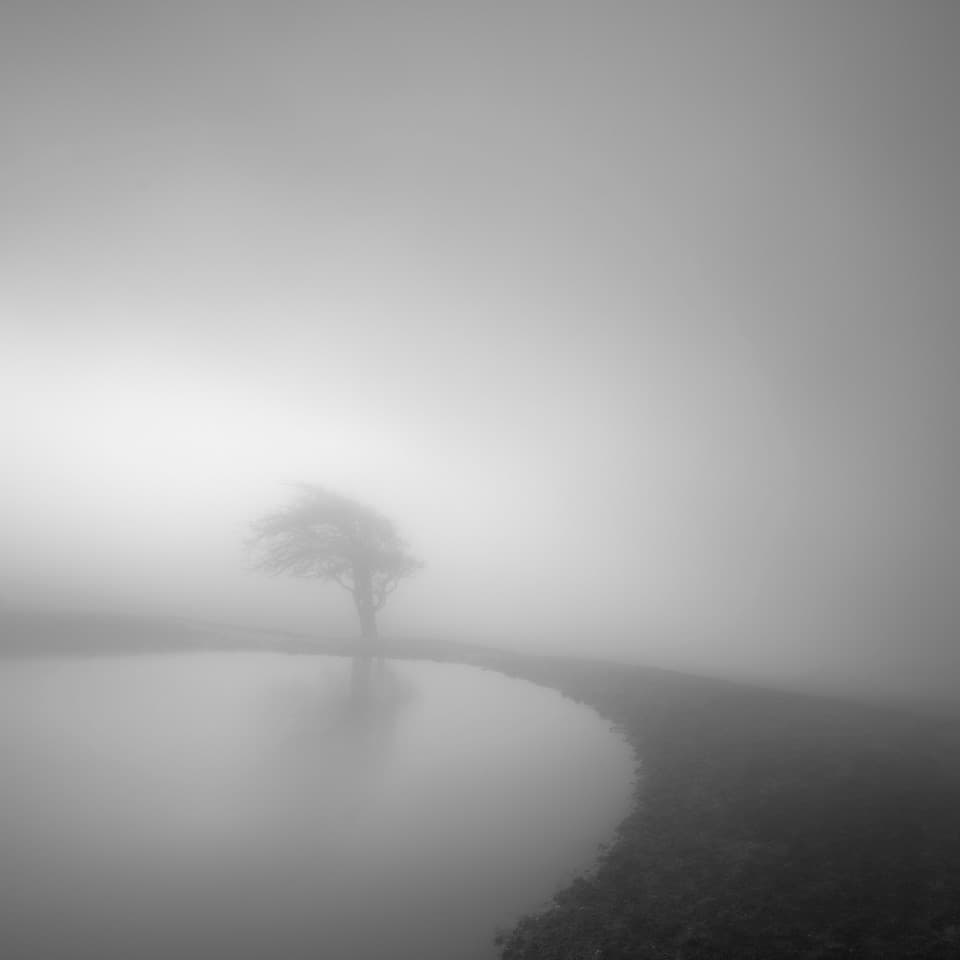
So with your mindful photography workshops, are you less worried about the technical aspects of photography and camera and lens considerations etc?
One of the things I like about a mindful approach is that it’s not about perfection. Some people are skilled technically some aren’t – it’s about how you see and what you see and the experience you have.
The way I structure the workshops is to do very simple exercises that people can do at home, so it’s about raising awareness, learning how to ‘see’ and learning how to appreciate beauty. So yes it is very different from a location workshop, for example, where people expect to get images of a specific view. I, however, always went to these places without expectations. So for people trapped in their homes, they had to make more of an ‘adjustment’ than I did.
One of my exercises is to photograph something you take for granted. Somebody took 12 pictures of their kettle, for example, from different angles and in different light.
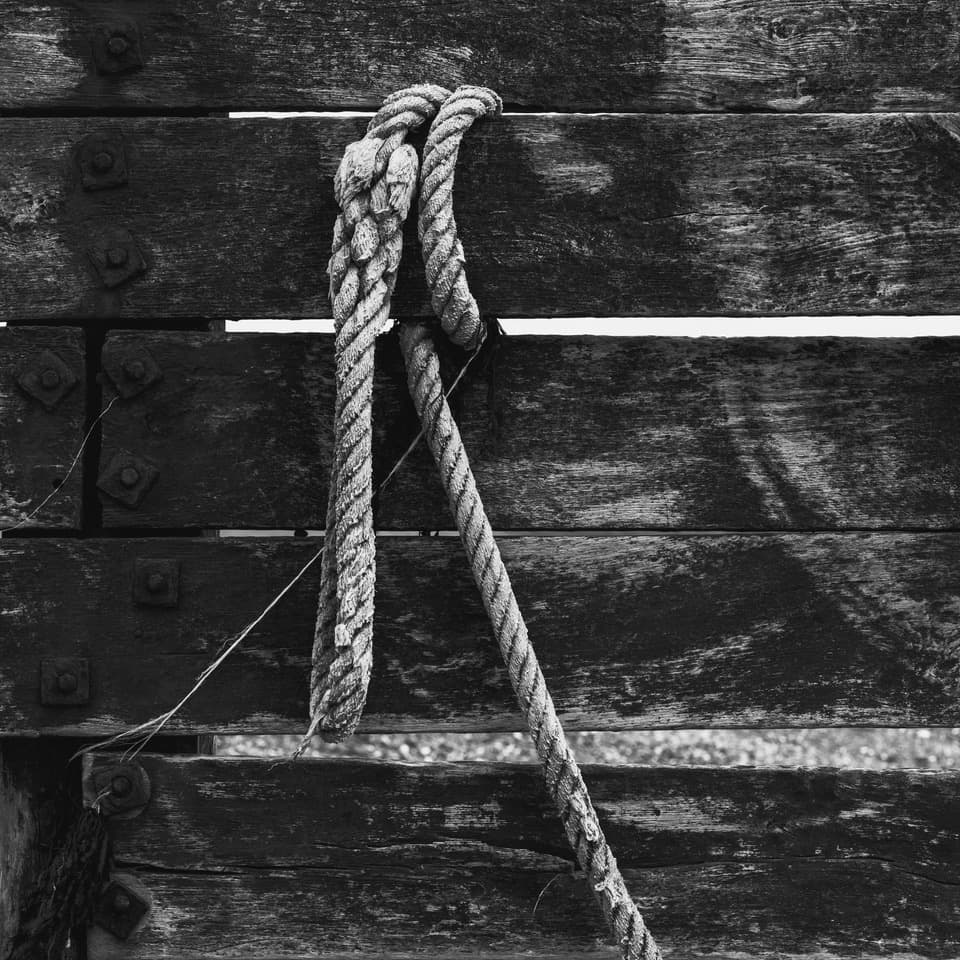
People had never looked at stuff around the home as having its own beauty. Everything you are in contact with has a beauty all of its own. We often wish for more in life, but accepting and celebrating what we have stops you being dissatisfied. Photographers are always complaining!
What about your future plans?
I am looking forward to doing mindful photography workshops outdoors. Photography is a visceral thing, engaging every emotion we have. So I want to take what I have been doing online on the road.
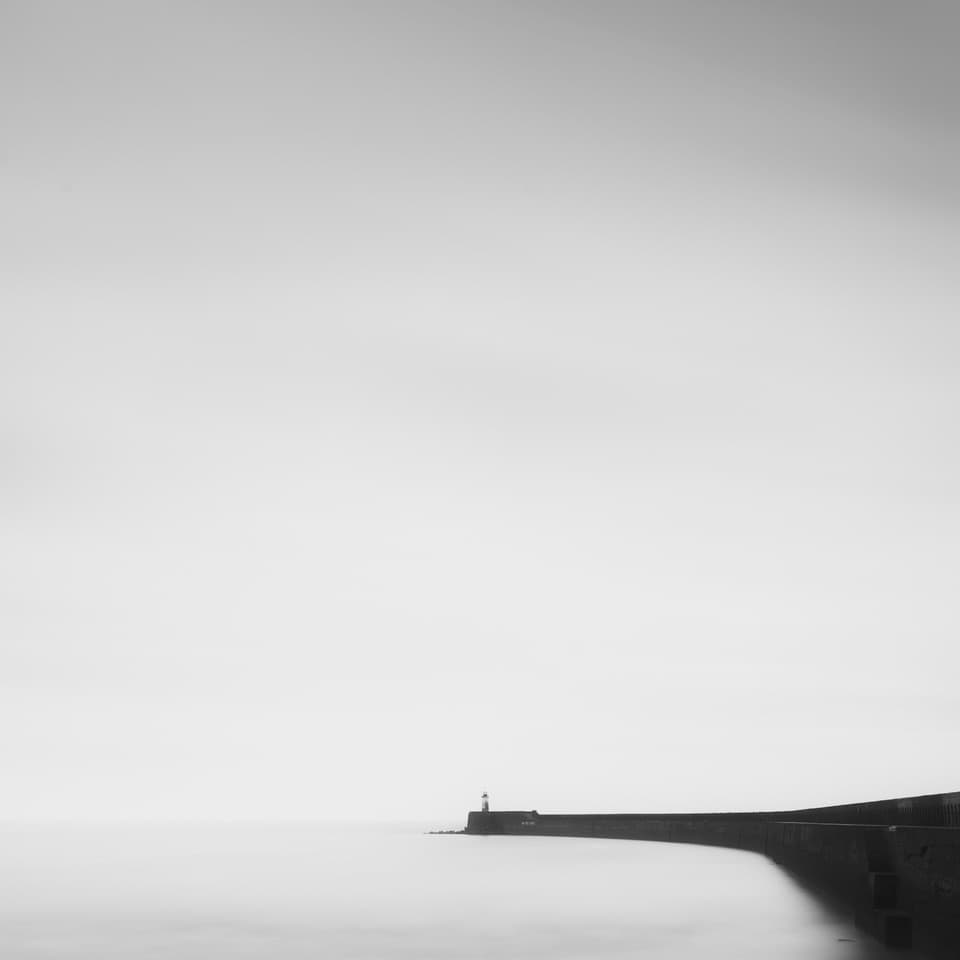
So with all this emphasis on mindfulness, does it still matter what gear you use – are you going to become a smartphone photographer, for example?
No – I just bought a Fujifilm GFX 100S. Although I love the spontaneity of a phone, which I also use as a visual notebook, I like the contemplative approach of putting the camera on the tripod, applying the filters, and taking my time. The tendency with phones is to be much quicker and rush.
Photography for me is a meditation. What I see on the screen reflects my perception. I am trying to educate people to ‘see’ rather than how to use a camera. So, it’s about what you saw and why you saw it, not what you used. Phones often bring people into photography and then they want to upgrade to a camera, but I never force them.
Further reading
How photography can help your mental health

